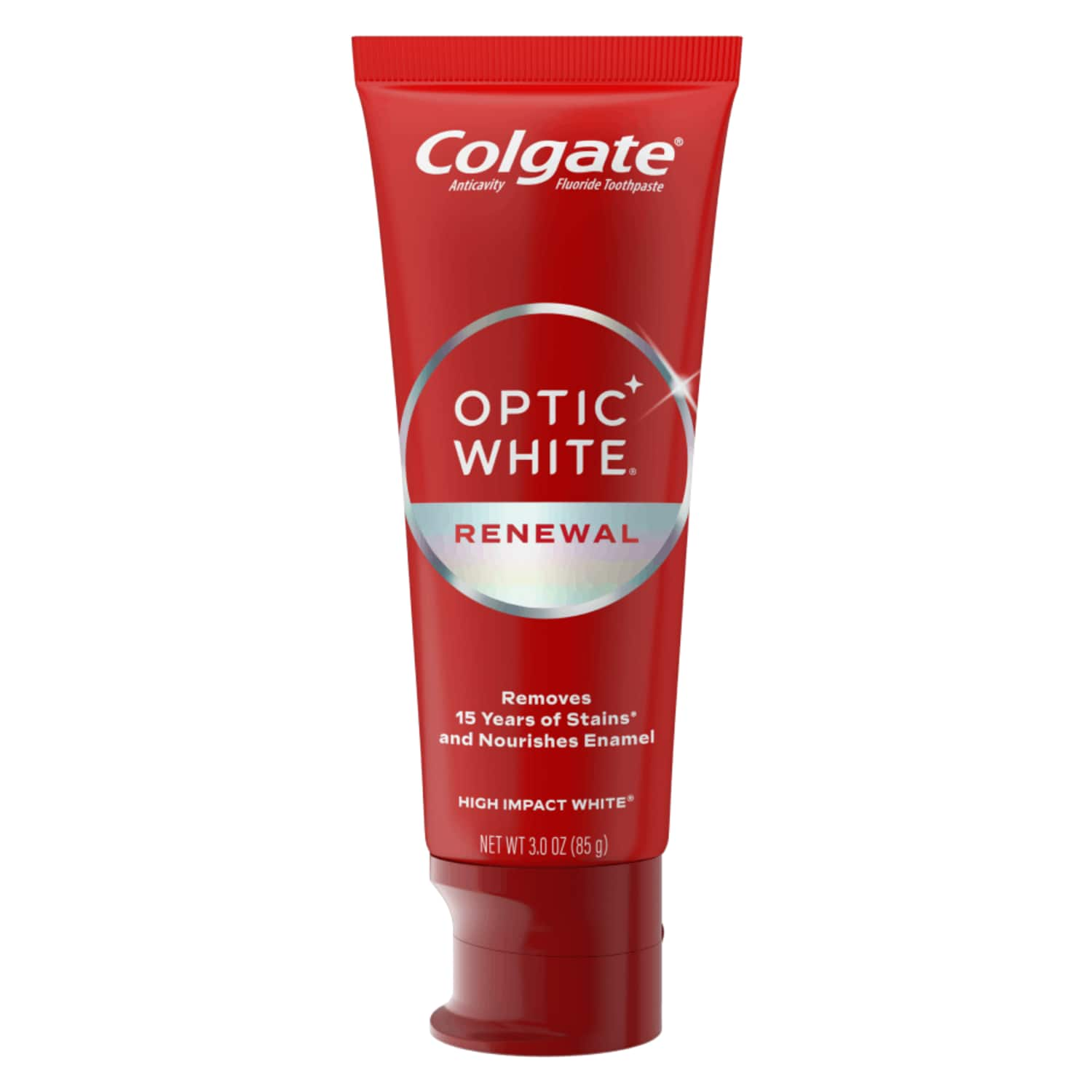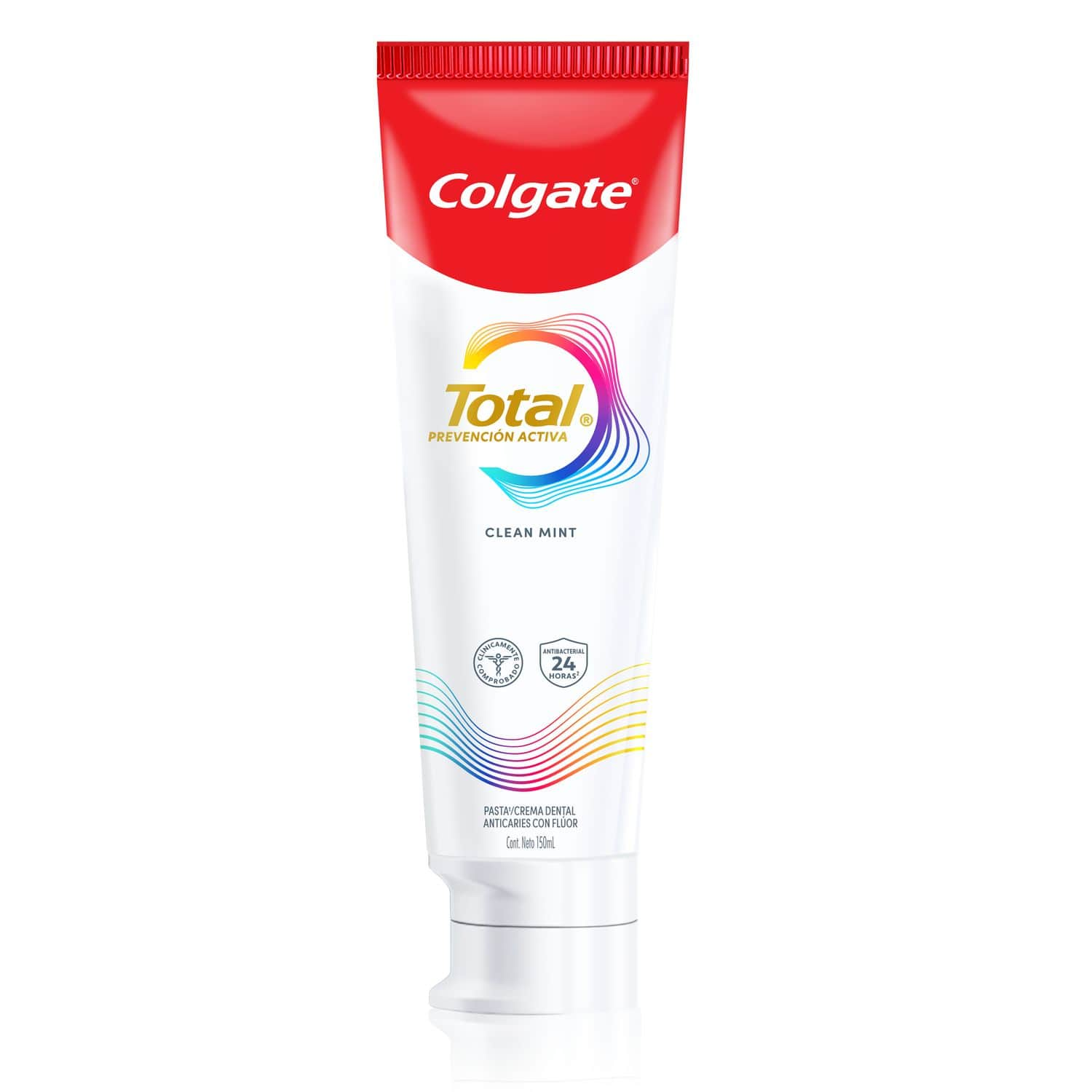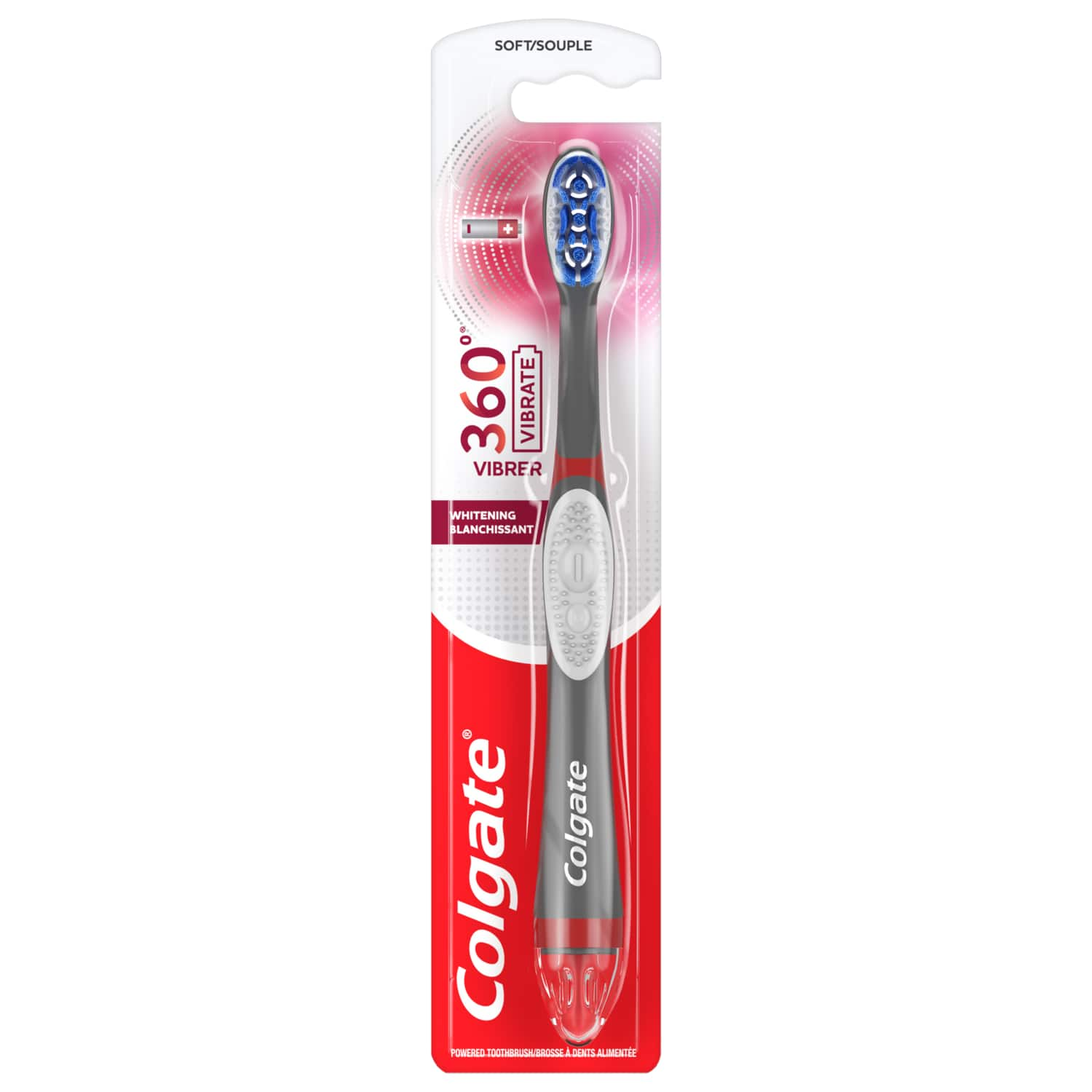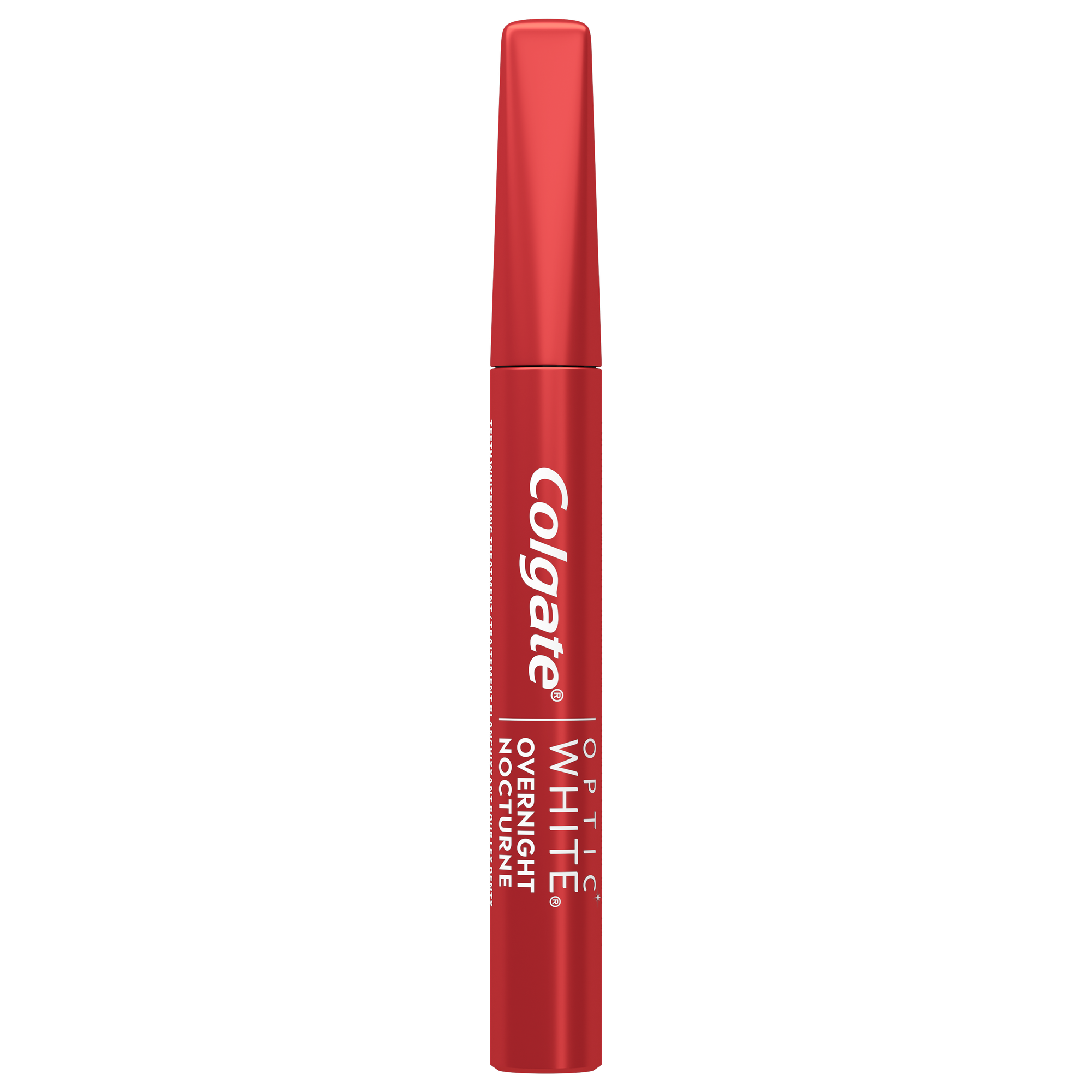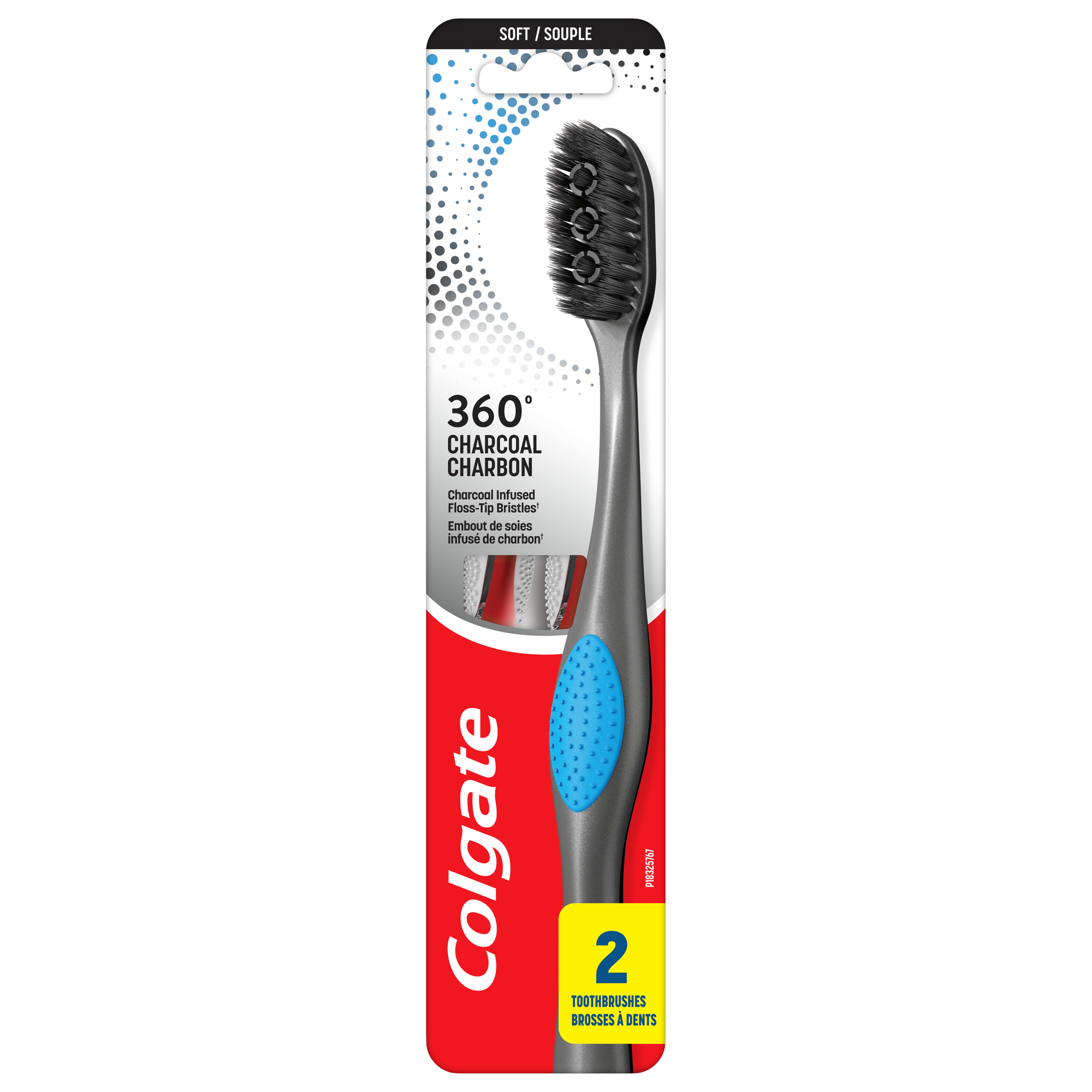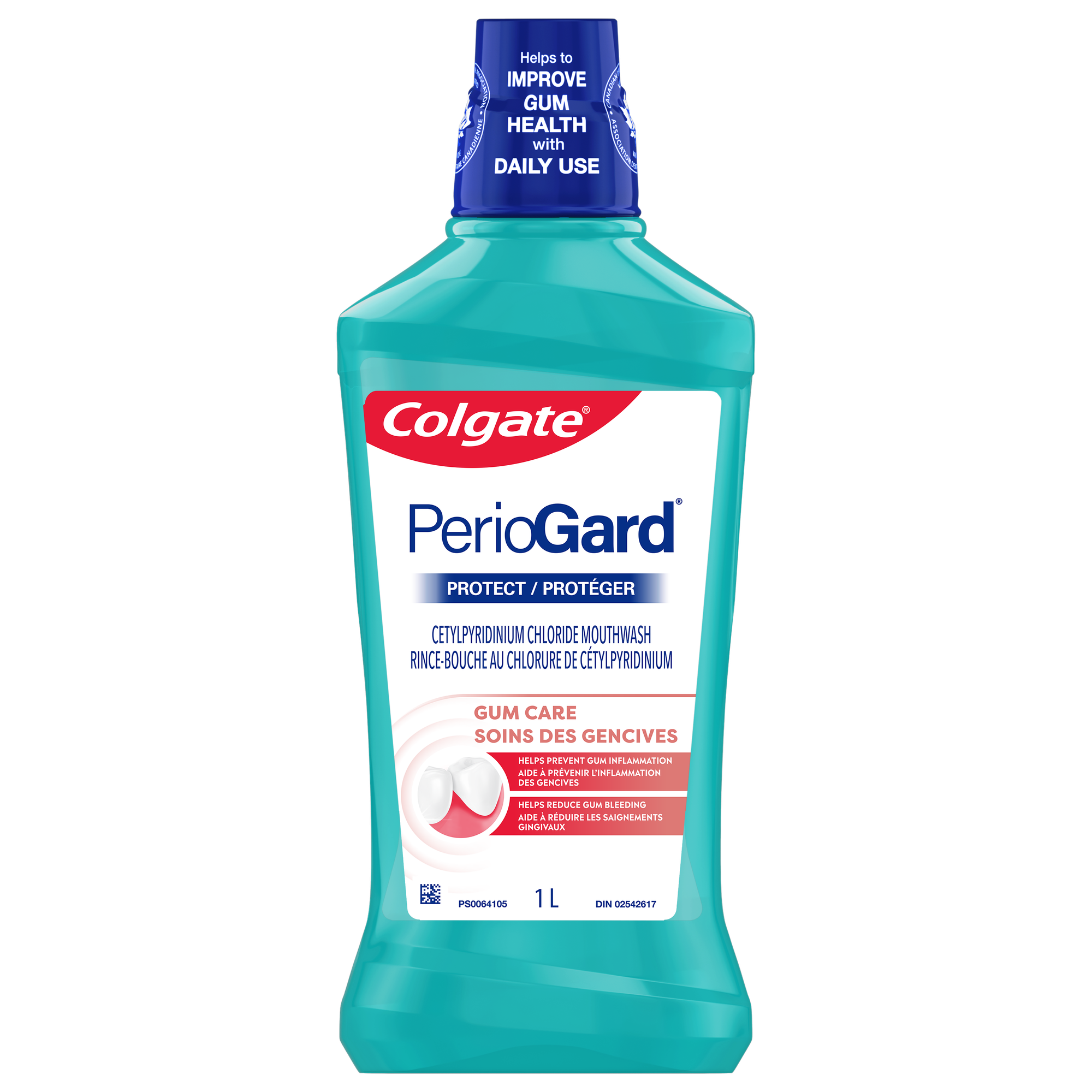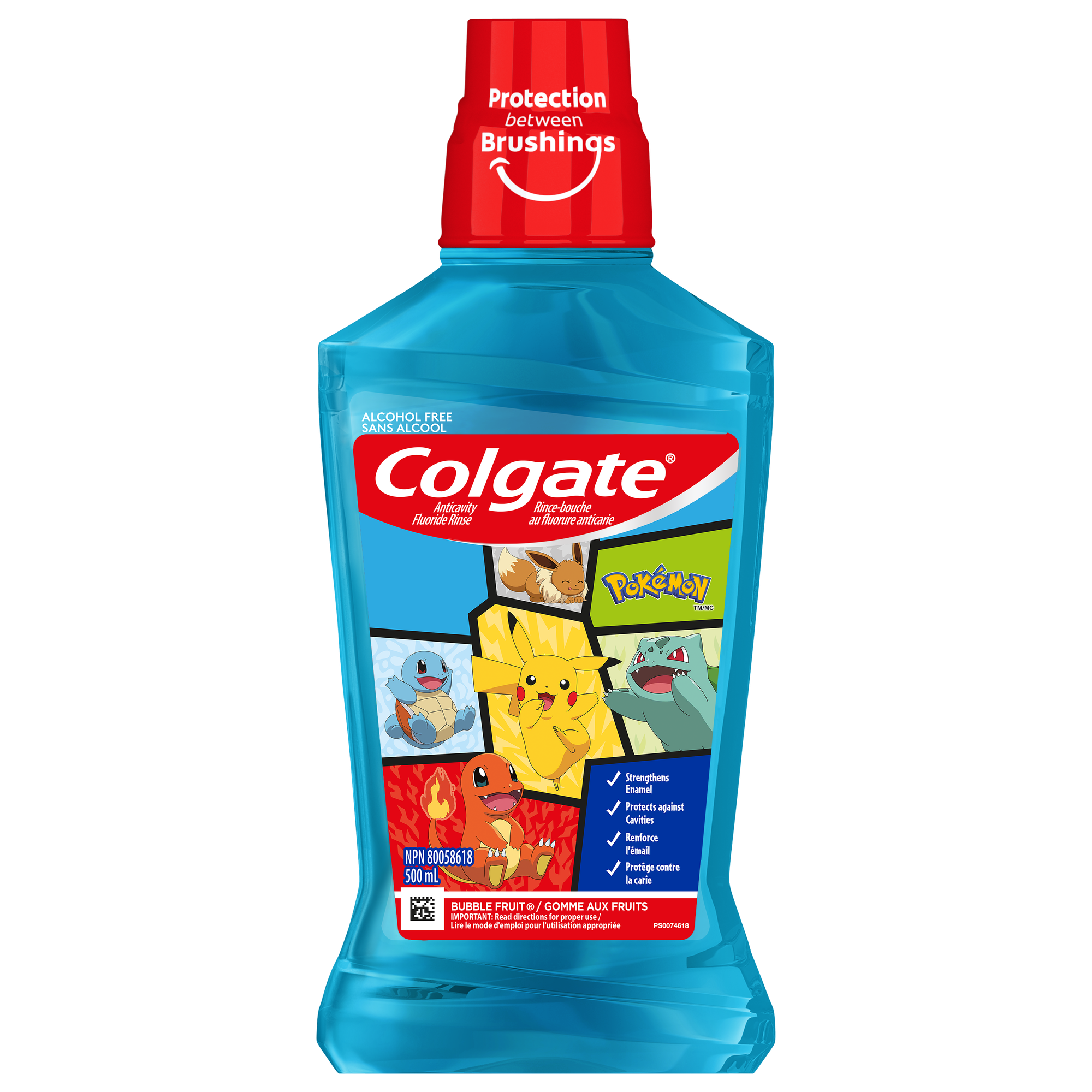What Causes Cold Sores?
A very common virus called herpes simplex virus type 1 (HSV-1) causes cold sores. After the first infection, the virus remains in the nerve cells forever. Triggers like exposure to sunlight, fatigue, stress or hormonal changes activate the virus, making a cold sore appear.
Sores usually break out on or near the lips. There's no cure for cold sores, but anti-viral medications may reduce the frequency of outbreaks.
Why Are Cold Sores Contagious?
The virus that causes cold sores spreads through skin-to-skin contact, which makes it highly contagious. According to HealthLink BC, the first sign (infectious stage) of a cold sore is usually a spot that tingles, burns, itches, or causes discomfort. This is a good time for treatment as a blister usually forms within 6 to 48 hours.
The virus can spread to other people through kissing or sharing utensils. Touching cold sores and then touching the eyes can cause serious infections and vision problems.
When Is a Cold Sore No Longer Contagious?
A cold sore becomes much less contagious after it has formed a scab.
The fluid-filled blisters burst around four days after the first symptoms appear, and by five or eight days in the process, a yellowish or brown scab forms that reduces the chances of infection.
The scab begins to flake and fall off between days nine and 12, and finally the sore heals two to four weeks after the onset of symptoms. However, the Canadian Skin Patient Alliance states that people can pass on the virus even when they don't have any symptoms (blisters). What's more, many people who have the virus never show any symptoms.
How to Avoid Spreading the Cold Sore Virus
Good hygiene and avoiding close contact with others helps prevent spreading the cold sore virus while it's at its most infectious stage. Wash your hands often, and try not to kiss anyone or have intimate contact before the scab forms over a cold sore.
Don't share food or drinks or personal items like towels, razors or lip balm, and don't touch a cold sore unless you're applying medication. Wash your hands immediately afterward. Additionally, people with active cold sores should avoid close contact with newborns and people who have weakened immune systems.
How to Heal a Cold Sore
Cold sores resolve naturally, but you can try to help speed up the process with anti-viral medications. Creams or pills containing certain ingredients may heal cold sores more quickly than no treatment.
Pain relievers like acetaminophen, ibuprofen or benzocaine can help reduce the swelling and pain of cold sores and lessen the temptation to touch them. Popping the blisters and picking away the scabs won't heal cold sores any faster, and it may introduce bacteria that infects the sore and causes long-term scarring.
For most people, cold sores are annoying but rarely interfere with their everyday lives. That doesn't mean you want to share your cold sores with anyone else! Take sensible precautions if you feel a cold sore is on its way or the blisters haven't scabbed over, and the chances are good that you'll keep the infection to yourself.
ORAL HEALTH QUIZ
What's behind your smile?
Take our Oral Health assessment to get the most from your oral care routine
ORAL HEALTH QUIZ
What's behind your smile?
Take our Oral Health assessment to get the most from your oral care routine
